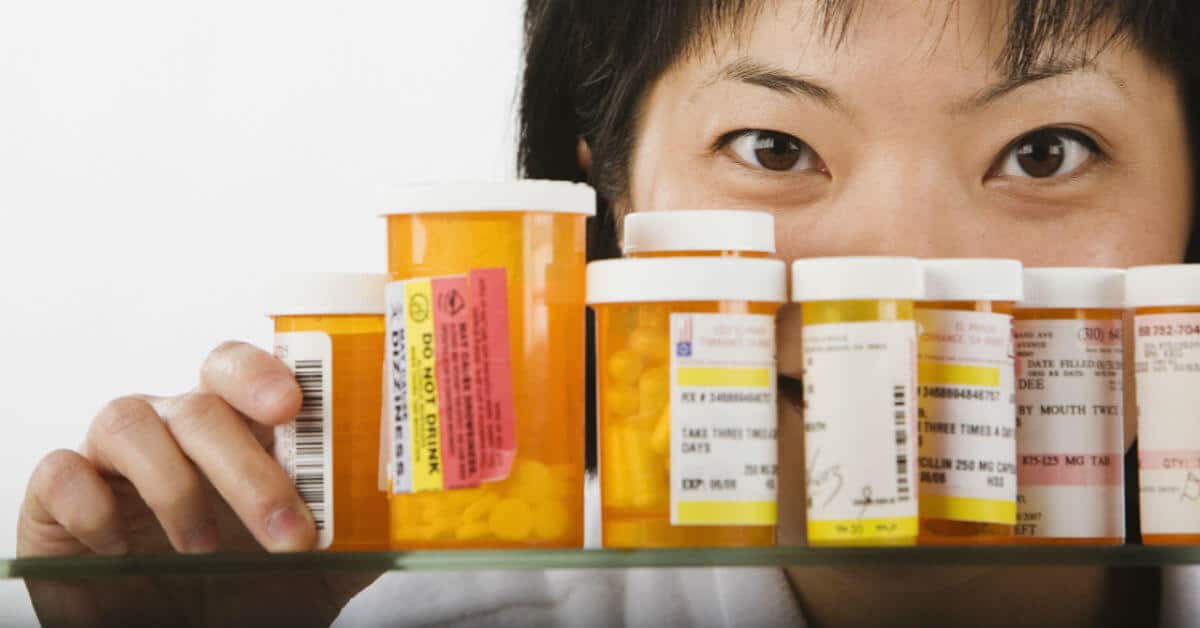One of the biggest mistakes I see parents making is convincing themselves they will be able to tell their teen is abusing prescription drugs. The truth is prescription drug abuse is incredibly difficult to detect since the drugs generally do not have the same physical effect as illicit drugs. Some parents do not even consider prescription drugs to be dangerous so they do not understand prescription drugs are as addictive as street drugs.
Understanding Substance Abuse
From food to Fentanyl any substance can be abused. Any substance includes prescription drugs. According to the National Institute on Drug Abuse, 52 million people over the age of 12 have abused prescription drugs at least once in their lifetime. Fourteen percent of those people are considered dependent on prescription drugs. In many respects, prescription drugs are a greater threat because too many people believe they are safe enough to not have the potential for addiction. The reality is prescription drug abuse causes more deaths than heroin and cocaine combined.
Teen Drug Abusers–Unlikely Risk Factors
Aside from the belief prescription drugs are safe there are a few other risk factors for parents to be aware. The Journal of Rural Health found girls misuse prescription drugs more often than boys. However, if you live in a rural community your teens have a 35-percent greater risk of abusing prescription drugs. The phenomenon is partly attributed to the shortage of doctors in rural areas and a higher number of trips to the emergency room where emergency doctors are more apt to write prescriptions than family doctors.
Tell-a-Tale Signs Of Drug Abuse
A person under the influence of alcohol is easy to recognize but someone under the influence of prescription medications often show few, if any, outward symptoms. Furthermore, symptoms such as loss of appetite, itching, or hyperactivity can be easily explained away by a variety of other things. To make detection even more complicated the signs of prescription drug abuse vary by the type of drug being abused. However, behavioral changes are more universal. You should take note if your teen begins losing interest in any activity they would normally enjoy, becomes unusually aggressive, or suddenly has friends they didn’t before.
An Ounce of Prevention
Parents have little control over street corner drug pushers but when it comes to prescription medications they can hold the key, literally. One of the safest way to keep your teens and their friends from helping themselves is to keep prescription medication locked up. Whether the prescription is yours or theirs, teens should not have unmonitored access to any prescription medication. By controlling their access to the medication, you can virtually eliminate the potential for abuse. However, teens who are abusing, or who wants to abuse, prescriptions usually does not have to go too far to find them. Working within your teens circle of friends and within your community to highlight the potential for addiction is another crucial step parents can take.
Parents prescription drugs are as stealthy as a thief in the night. When half of teenagers think prescriptions are safe, you must safeguard these substances and your children. Up to 70-percent of prescription abusing teens say the drugs are coming from their home or the homes of their friends. This is a perfect example of the best offense is a good defense. Educate yourselves and talk to your teens about the dangers of prescription drugs.
Learn How to Help Teens deal with prescription drug use problems at Sundance Canyon Academy












0 Comments